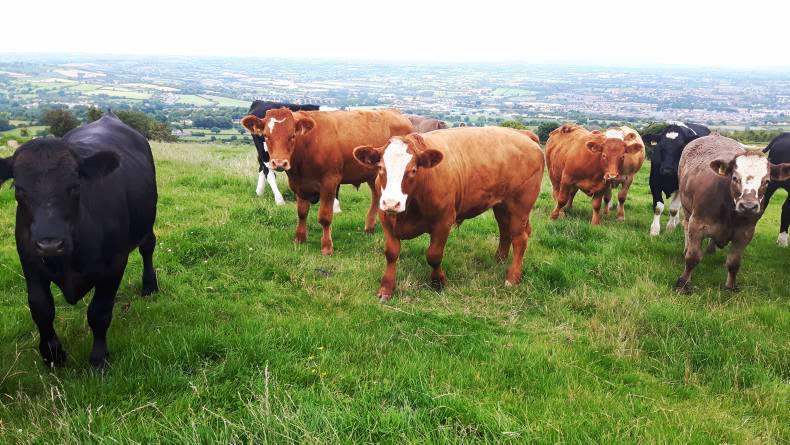New members for CAFRE group
Four new members are currently being sought for The College Advisory Group (CAG) which provides advice on strategic and operational issues to the CAFRE management team.
At present, the Group has 12 members and is currently chaired by Dr Mike Johnston of Dairy UK. The positions are in the areas of finance, environment, red meat and agri-food business development, and take effect from 1 January 2017.
The group meets up to a maximum of six times per year across CAFRE’s campuses.
Applicants must have recent experience and knowledge of the sector they wish to represent. They are paid £220 per daily meeting, plus reasonable travel costs.
For further information and an application form, go to the DAERA website or write to: Richard McCreedy, Room 516A, Dundonald House, Upper Newtownards Road, Belfast, BT4 3SB, Tel: 028-9052 0889.
The closing date for applications is 4pm on Friday 4 November 2016.
NI seeks negligible risk status on BSE
An application to the World Organisation for Animal Health (OIE) to change Northern Ireland’s BSE status from controlled risk to negligible risk has been submitted by DAERA Minister Michelle McIlveen.
This means that the case for changing the status will be considered at the next OIE annual congress in Paris in May 2017. NI is eligible to apply for negligible-risk status as the last case of BSE was in 2012 in a cow born more than 11 years ago.
Scotland is the only other region of the UK eligible to apply for a BSE negligible risk status and a public consultation on the matter is currently ongoing.
Minister defends closed period
In an answer to a written question from West Tyrone MLA Declan McAleer on whether she would consider extending the spreading period for slurry beyond 15 October, Agriculture Minister Michelle McIlveen has confirmed that she cannot waive the cut-off date.
However, she pointed out that where farmers have no alternative they can spread in exceptional circumstances. “Such cases would be considered by NIEA on a case-by-case basis and must be evidence-based showing that the farmer had taken all reasonable steps to manage the situation,” replied the Minister.
While she recognised that it has been a difficult summer for some farmers, the Minister pointed out that Met Office data shows that while rainfall for June and July was above average, it was still considered to be in the normal range of the long-term average.
“Indeed May and August 2016 were close to or below average,” she said.
She also pointed out that the rules are in place to protect water quality by ensuring that the correct amount of nutrients are applied under favourable conditions, and at a time when they can be used by growing crops, including grass.






 This is a subscriber-only article
This is a subscriber-only article










SHARING OPTIONS: